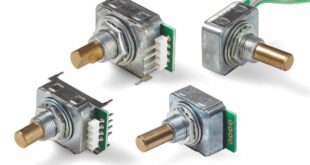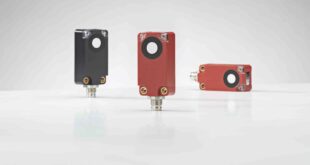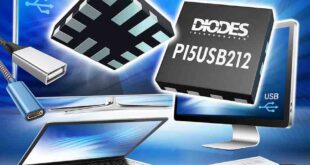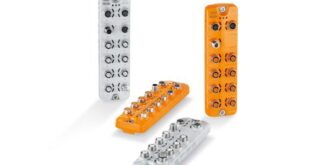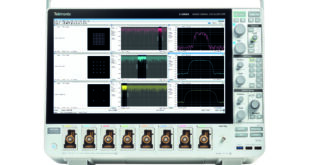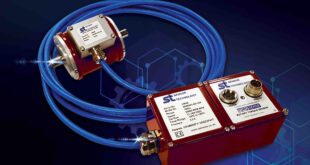The new Si117x sensor modules combine ultra-low power, high sensitivity and exceptional integration, making them ideal for smart watches and wrist-based, patch-type and other wearables requiring long battery life and enhanced HRM accuracy.
To simplify development and speed time to market, Silicon Labs offers a complete, end-to-end sensing solution featuring the Si117x sensor module, HRM algorithm, Wireless Gecko SoCs (for Bluetooth® connectivity, and an easy-to-use, wrist-based development kit with sample code and example projects.
All-day HRM is a key requirement for health and fitness wearables.
By tracking HR throughout the day, end users and health-care providers can analyse physiological patterns, detect health issues before they become problems and consider lifestyle adjustments. Addressing the market need for power efficiency, the Si117x sensors consume less than 50µA (sensor and LED combined) while performing continuous HRM.
A built-in buffer and accelerometer synchronisation capabilities save even more system-level power.
The sensors’ industry-leading power efficiency enables developers to use smaller batteries in wearable designs without significantly impacting the device’s battery life during continuous monitoring.
The Si117x sensors provide enhanced HRM accuracy for a better end-user experience.
The sensors offer fast sampling speeds, a high signal-to-noise ratio (SNR >100dB), and the ability to cancel out ambient noise and erroneous data, resulting in high-quality signals that make it easier to track heart rates despite challenging physiologies, varying skin tones and the presence of tattoos.
A more accurate view of the HR waveform enables biometrics beyond traditional HRM, including heart rate variability (HRV), stress analysis and pulse volume.
By combining ECG measurements with optical HR measurements, the Si117x sensors allow developers to unlock new potential biometrics for wearables.
The ECG waveform is the gold standard for cardiac measurements, and the Si117x sensors bring this capability to wrist-based wearables in a cost-effective, power-efficient manner.
By making measurements in the same device and at the same time, the Si117x sensors allow developers to combine biometrics with optical photoplethysmogram (PPG) measurements to derive valuable physiological parameters.
The Si117x module’s high level of integration simplifies wearable design and makes it easier to synchronise multiple sensor measurements without adding significant system cost or board area.
Each module supports up to four distinct LEDs (all of which can be driven simultaneously), and its four LED drivers are independently programmable (from 1.7 to 310mA).
Additional built-in features include a photodetector, 24-bit ADC with >100dB dynamic range, I2C and SPI digital interfaces, programmable event interrupt engine, synchronisation engine, host communications processor and inputs for two external photodiodes.
“As the market for health and fitness wearables continues to grow, developers want complete biometric sensing solutions that work flawlessly without the complexities of integration,” said Tom Pannell, Senior Marketing Director of IoT products at Silicon Labs.
“Silicon Labs is the only supplier to provide a total HRM sensing solution in-house, from the sensor module and algorithm to the wireless SoC capable of transmitting measurements over Bluetooth LE. Our example HRM projects take care of interfacing between these components, and having a single point of contact greatly simplifies customer support and debugging.”
The Si117x sensors support Silicon Labs’ proprietary, motion-compensated HRM algorithm optimized for wrist-based sensing and to run on EFM32 Gecko MCUs and EFR32 Wireless Gecko SoCs supporting Bluetooth Low Energy (LE). This integration enables system-level power and performance optimisation and reduces time to market for developers seeking to add HRM capabilities to their wearable designs.
 Engineer News Network The ultimate online news and information resource for today’s engineer
Engineer News Network The ultimate online news and information resource for today’s engineer
